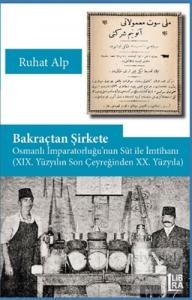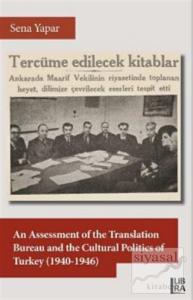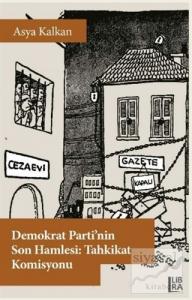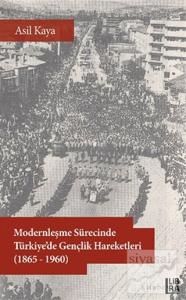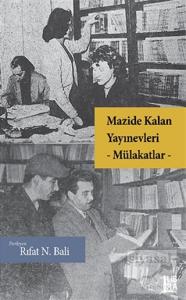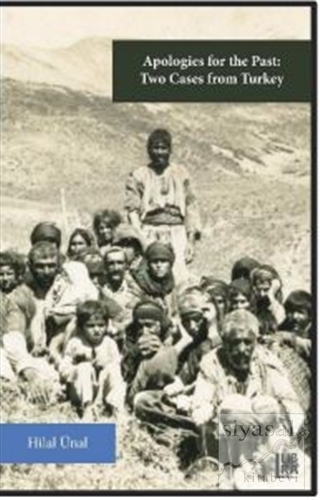
This book explores the issue of collective apology, and its potential to function as a symbolic form of restitution that publicly addressesand acknowledges the grievances faced by victimized groups. It explores two cases of collective apology in Turkey, the 'I Apologize' online signaturecampaign in 2008, and an apology speech carried out by a state official on the Dersim massacre in 2011. Both events raised significant public debate inTurkish society. Taking these two recent cases of collective apology and looking at them through the lens of existing scholarship on collective apology,this thesis explores the answers to a set of questions; on the format, wording and enactment of the apologies and their dealing with the issues ofresponsibility, and reconciliation.
This book explores the issue of collective apology, and its potential to function as a symbolic form of restitution that publicly addressesand acknowledges the grievances faced by victimized groups. It explores two cases of collective apology in Turkey, the 'I Apologize' online signaturecampaign in 2008, and an apology speech carried out by a state official on the Dersim massacre in 2011. Both events raised significant public debate inTurkish society. Taking these two recent cases of collective apology and looking at them through the lens of existing scholarship on collective apology,this thesis explores the answers to a set of questions; on the format, wording and enactment of the apologies and their dealing with the issues ofresponsibility, and reconciliation.












